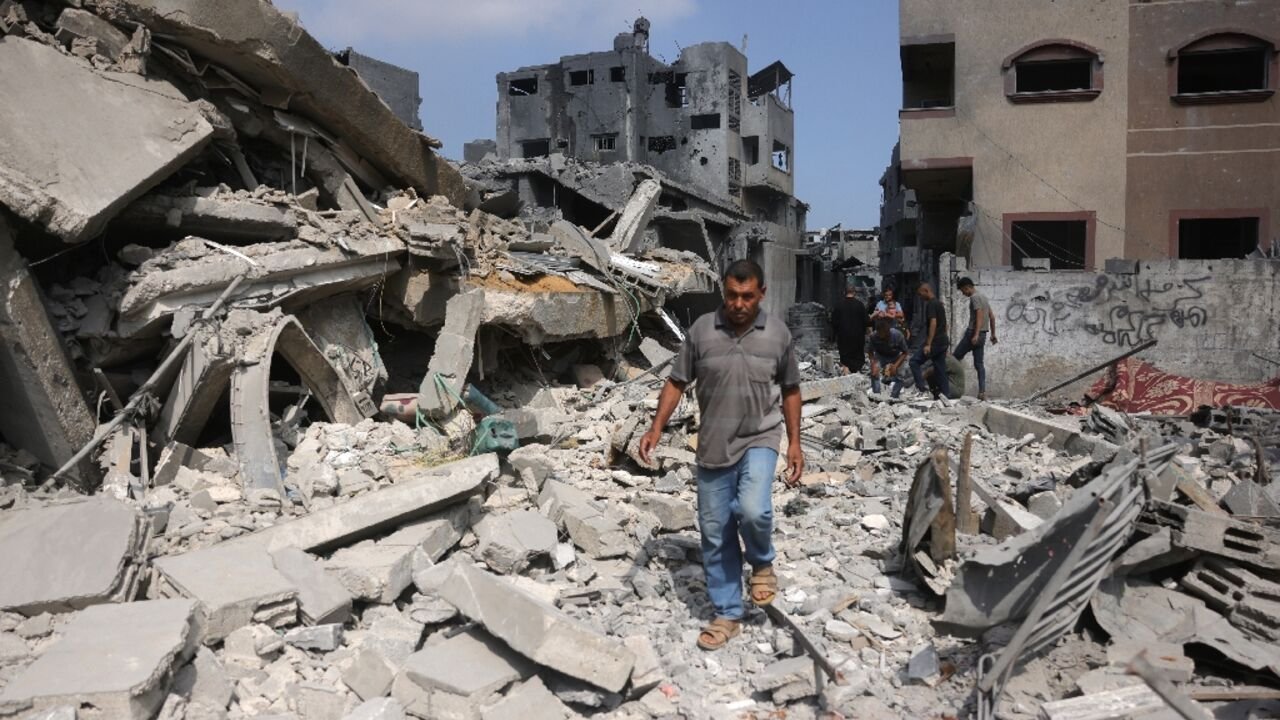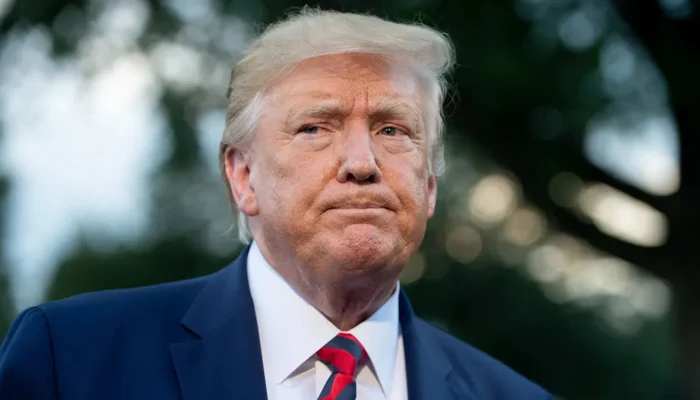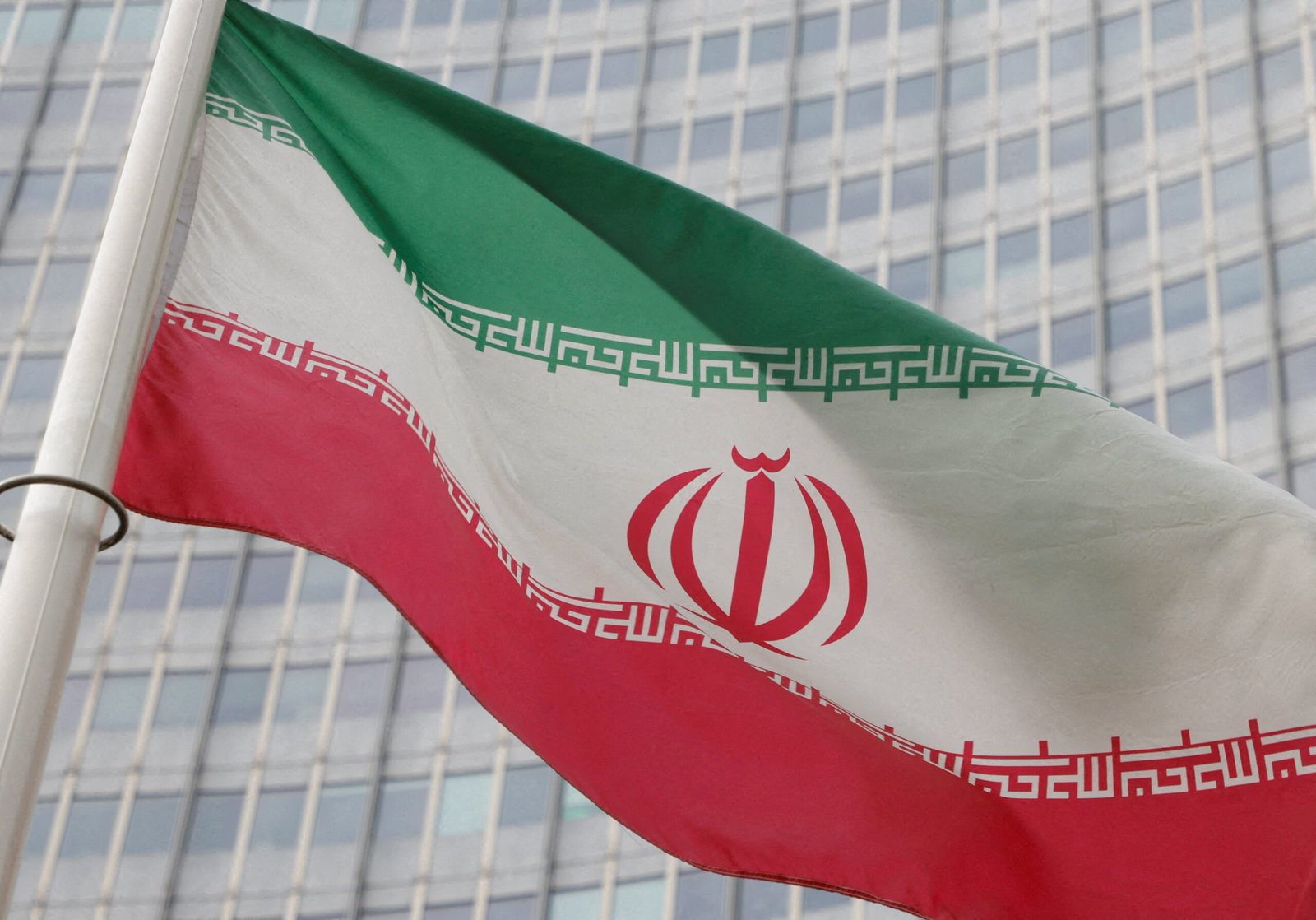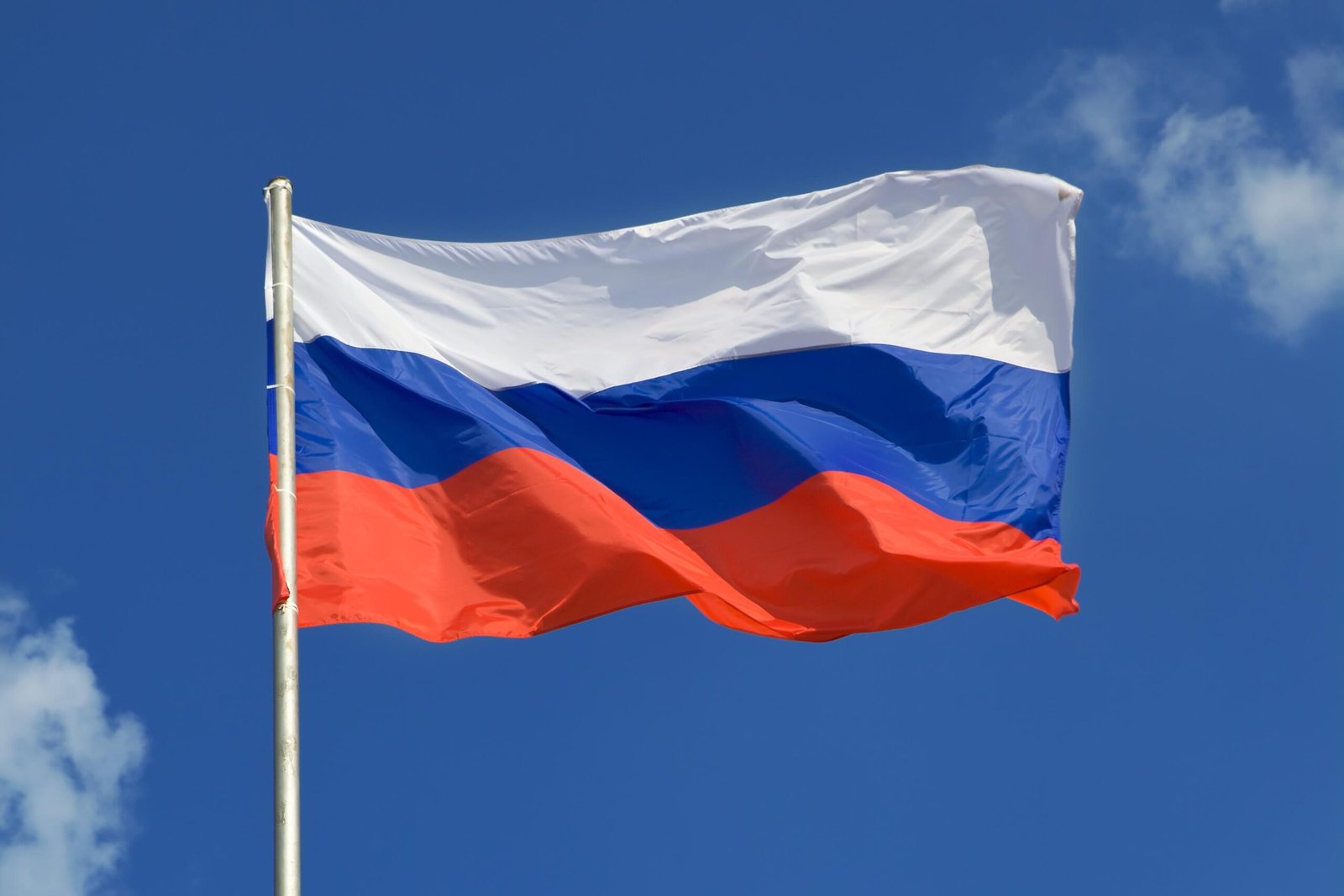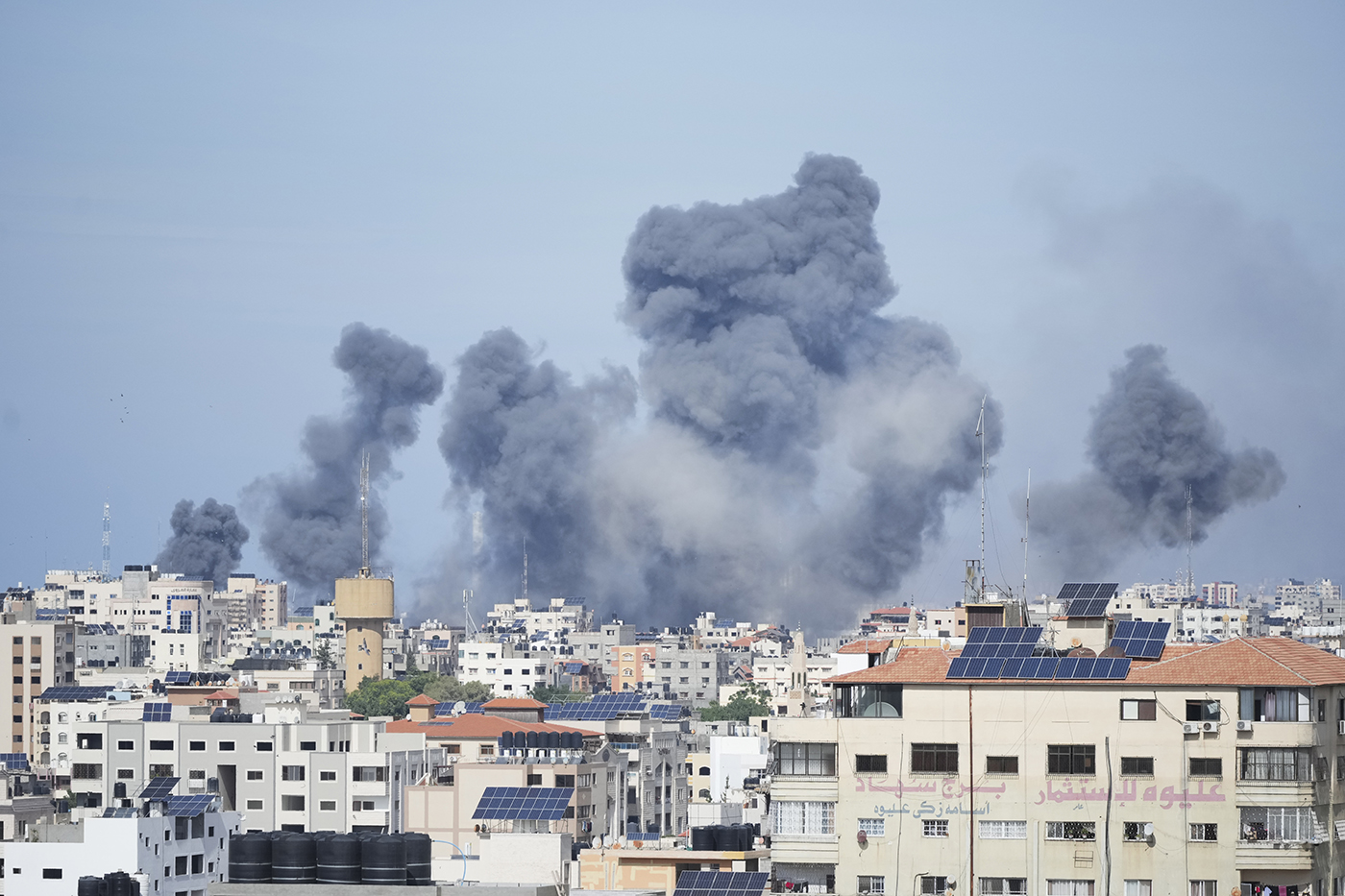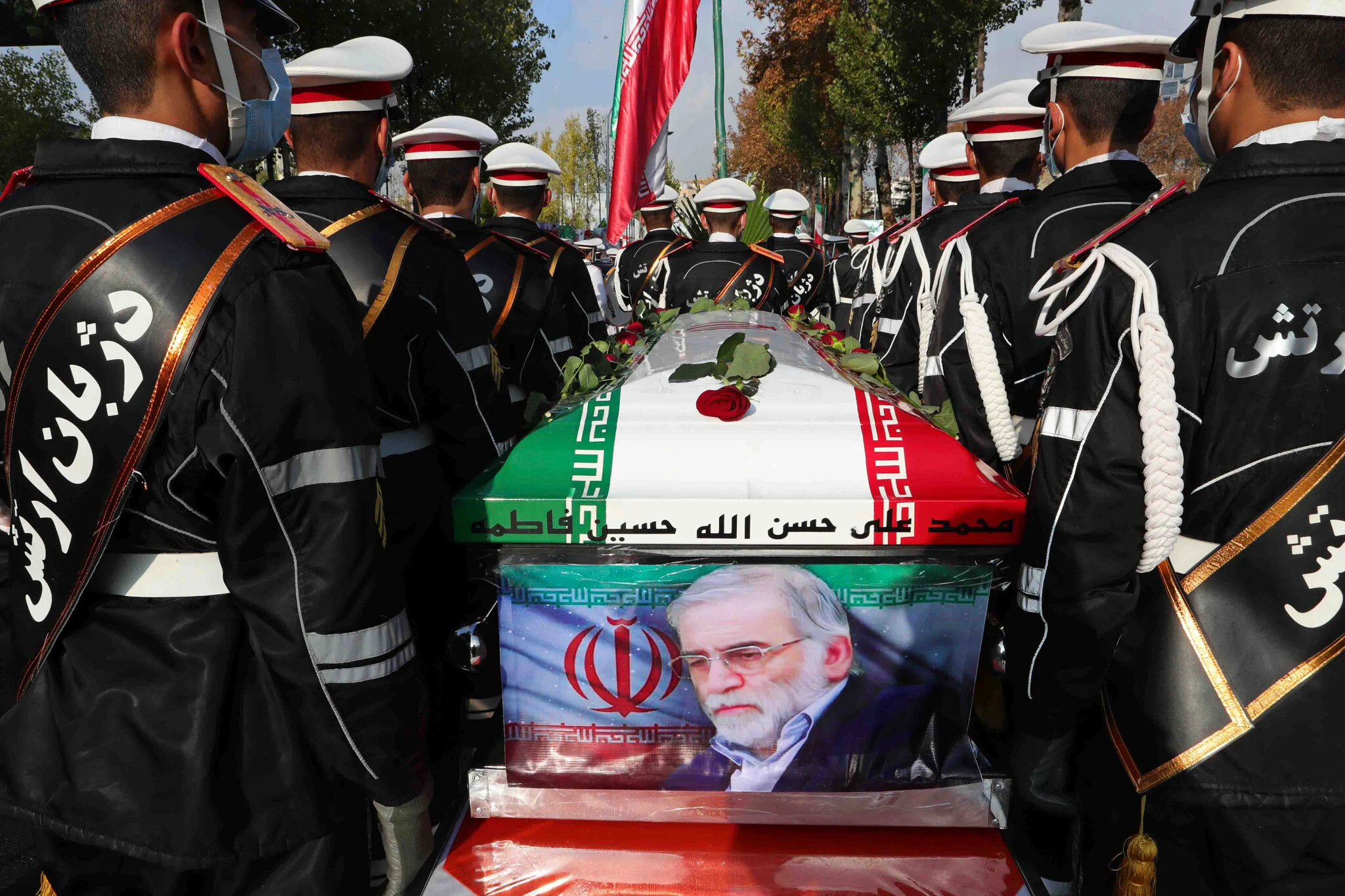A ray of hope shines on Pakistan’s economic landscape as the International Monetary Fund (IMF) approves the release of $700 million, marking a significant milestone in the country’s $3 billion Stand-By Arrangement (SBA) program. This financial injection comes after the IMF’s Executive Board successfully completed the first review of Pakistan’s economic reform program, paving the way for further disbursements.
With the latest tranche, the total amount received under the SBA rises to $1.9 billion. This influx of funds is expected to bring much-needed stability to the Pakistani rupee, which has enjoyed relative calm over the past few months. As Mohammad Sohail, CEO of Topline Securities, aptly explains, “IMF funding along with recent inflows from multilateral lenders will further help the Pakistani rupee.”
But the benefits extend beyond currency stability. The new tranche acts as a catalyst for Pakistan’s external debt management. Sohail highlights how this funding will ease pressure on Pakistan’s external debt repayments and facilitate rollovers from key allies like the United Arab Emirates, China, and Saudi Arabia.
This IMF program, approved in June 2023, serves as a nine-month lifeline for Pakistan’s economic stabilization. The initial tranche of $1.2 billion was released in July, and the current review unlocks another $700 million. With the program expected to conclude in April, Pakistan is now on track to receive the remaining $600 million in March.
However, the picture isn’t entirely rosy. Caretaker Finance Minister Shamshad Akhtar has already acknowledged the need for a new IMF agreement to ensure continued economic support. Despite the harsh conditions attached to these loans, Pakistan’s reliance on the IMF remains undeniable. The latest data reveals a staggering 24 IMF arrangements since 1950, highlighting the country’s historical dependence on the institution for navigating economic challenges.
While the $700 million injection is a positive step, Pakistan’s economic battle is far from over. Soaring inflation, clocking in at 29.7% in December, remains a major concern. The road ahead demands continued commitment to fiscal discipline and structural reforms alongside seeking alternative avenues for economic growth. Only then can Pakistan break free from the cycle of IMF dependence and build a sustainable future for its people.
Please, subscribe to the YouTube channel of republicpolicy.com









